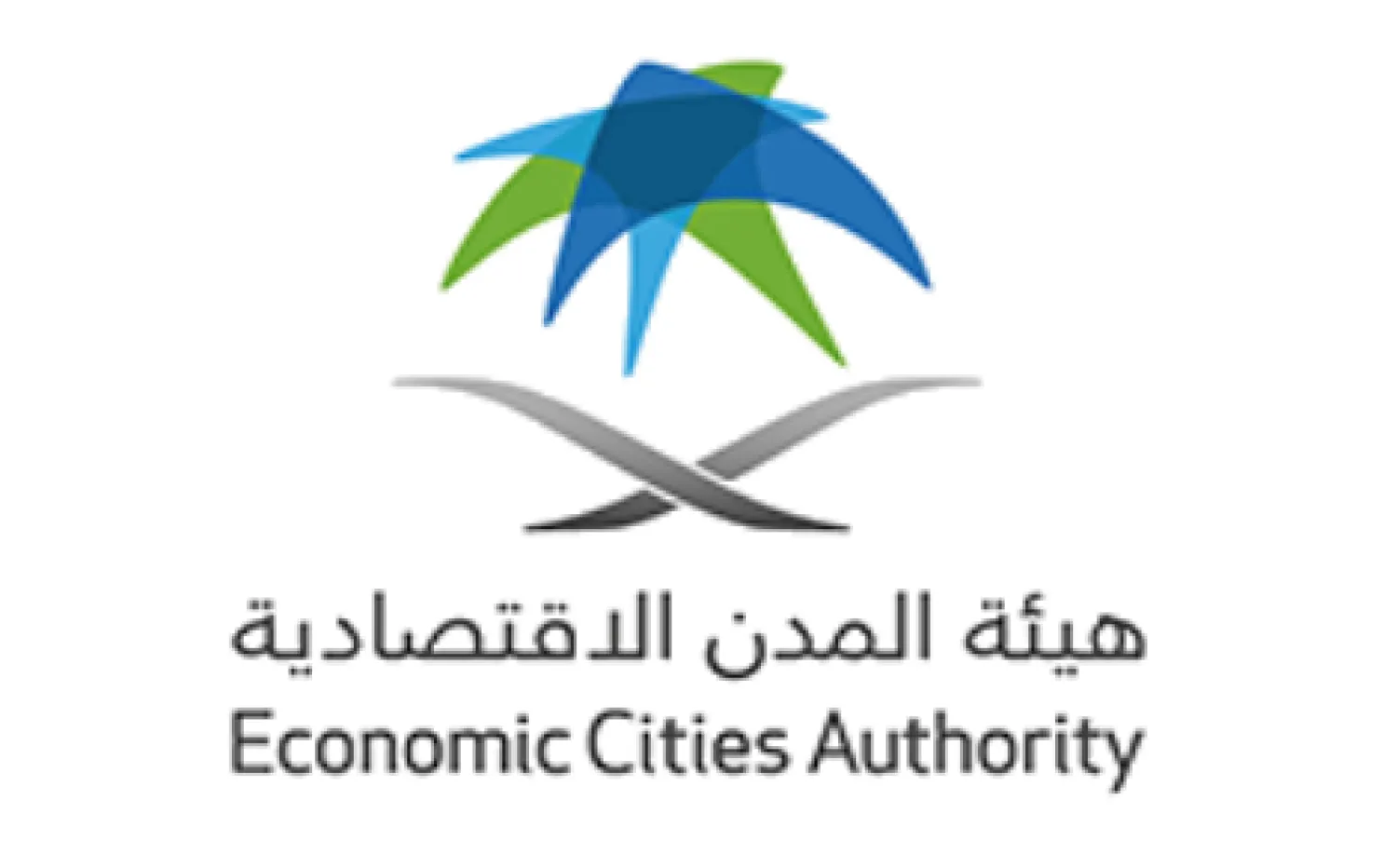Saudi Arabia wants to encourage greater localization of domestic capital and push for more foreign investment, in accordance with the recent royal order to amend the organization of Economic Cities Authority (ECA).
The amendments aim to change the pattern of the current economic cities and raise their capabilities and suitability to become special economic zones.
The Authority's name and functions will also be amended to include special economic zones, becoming the Economic Cities and Special Zones Authority.
The Authority will assume full administrative and financial supervision over the economic cities and special zones aiming to localize domestic capital and attract foreign investment.
According to the details of the revised regulation, of which Asharq Al-Awsat received a copy, the authority will supervise and regulate the SEZ of the relevant authorities, namely the conclusion of agreements and contracts, developing plans and programs, and conducting the necessary studies for the development of the economic cities and zones.
These adjustments are consistent with Saudi Arabia’s intention towards improving logistics programs and creating integrated infrastructure.
Saudi Arabia’s logistics sector comes within the National Industrial Development and Logistics Vision Realization Program (NIDLP) which aims to transform the Kingdom into a leading industrial power and an international logistics platform in a number of promising areas, seeking to generate employment opportunities for Saudi cadres, boost trade balance, and maximize local content.
The Authority will be concerned with reviewing and approving the general plans of economic cities and special zones, ensuring their proper application, and agreeing to any amendment proposed by developers on the general plan.
It is also responsible for issuing and defining fees for commercial, industrial, service, professional, educational, training, and health licenses. In addition to granting usufructuary rights and establishing companies or entering as partner, in accordance with the established regulatory procedures.
The revised regulation enables the Authority of being responsible for conducting comparative studies and research on customs, taxes, and other incentives to consider their feasibility and propose their application in economic cities and special zones.
The regulation requires establishing comprehensive service centers in which governmental and non-governmental agencies provide all types of services to developers, operators, investors, workers, and residents.
The Authority will also promote local and global investment opportunities available in economic cities and special zones.









